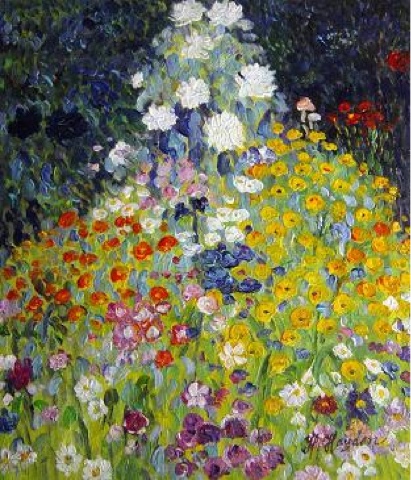An MA dissertation in any form is a challenging prospect. One in which you will be not only researching a subject, but creating a response to it theatrically as well as writing on it academically is an entirely new level of challenge.
Things I am learning:
1) I really like to research. To a fault. There comes a point where reading yet another version of Antigone (or reading it again for the 100th time), watching anther German Opera version, or listening to another random lecture from the RA about any painter ever to have lived is just not going to do anything. You need to create. You need to put down the books and get up in the studio and just see what comes out. I am approaching this point now.
2) I have a tendency to want everything to fit to a plan, but at the same time happen randomly. The two are not compatible. I have been hit with two major setbacks to my plan - in the form of casting issues which were first solved, then sort of solved, then not solved at all - both of which had me reeling last week. Several hours we spent lying on my bed, staring at the ceiling, surrounded by my iPad and copies of the play, listening to intense music whilst wondering what to do. I do learn the most from these things though; the times when my left and right brain are battling it out over order versus chaos are the times when the most remarkable ideas come out.
3) The play has the answer. It always has the answer, you just have to give it time to tell you. Luckily, I had the time in this instance, and didn't end up staying up nights bawling at my lack of options.
So, phase 1 of the dissertation approach (reading like a maniac) is coming to a close. My first workshop to lead will be in just over a week, and I am looking forward to just playing. It is funny that when reading, I get so many ideas, mostly in the form of physical images in my head, all of which seem to be contrary to the last. Right now there are about 50 "moments" I have imagined. The first 3 workshops will be a chance to try these out, see what actually works physically and with text or music, and then I will go away to try to piece together the first draft of a piece. Then I will come back for 3 more workshops to sew it together and share it on the 19th of July at RADA.
From here, oodles of reflection on the process, writing to pull in all the inspiration and thoughts to create the piece along with the future...where does this go now. And more importantly, where do I go after this whirlwind of a year, personally, and artistically.
Things I am learning:
1) I really like to research. To a fault. There comes a point where reading yet another version of Antigone (or reading it again for the 100th time), watching anther German Opera version, or listening to another random lecture from the RA about any painter ever to have lived is just not going to do anything. You need to create. You need to put down the books and get up in the studio and just see what comes out. I am approaching this point now.
2) I have a tendency to want everything to fit to a plan, but at the same time happen randomly. The two are not compatible. I have been hit with two major setbacks to my plan - in the form of casting issues which were first solved, then sort of solved, then not solved at all - both of which had me reeling last week. Several hours we spent lying on my bed, staring at the ceiling, surrounded by my iPad and copies of the play, listening to intense music whilst wondering what to do. I do learn the most from these things though; the times when my left and right brain are battling it out over order versus chaos are the times when the most remarkable ideas come out.
3) The play has the answer. It always has the answer, you just have to give it time to tell you. Luckily, I had the time in this instance, and didn't end up staying up nights bawling at my lack of options.
So, phase 1 of the dissertation approach (reading like a maniac) is coming to a close. My first workshop to lead will be in just over a week, and I am looking forward to just playing. It is funny that when reading, I get so many ideas, mostly in the form of physical images in my head, all of which seem to be contrary to the last. Right now there are about 50 "moments" I have imagined. The first 3 workshops will be a chance to try these out, see what actually works physically and with text or music, and then I will go away to try to piece together the first draft of a piece. Then I will come back for 3 more workshops to sew it together and share it on the 19th of July at RADA.
From here, oodles of reflection on the process, writing to pull in all the inspiration and thoughts to create the piece along with the future...where does this go now. And more importantly, where do I go after this whirlwind of a year, personally, and artistically.
